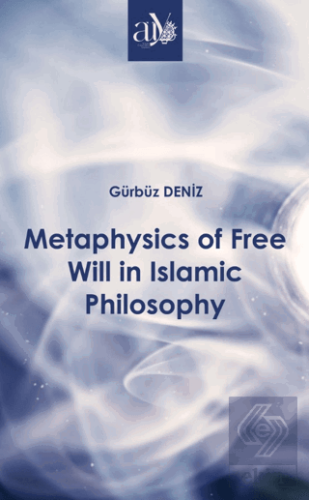
As the problem of free will attracts more and more researchers from around the world and from the different walks of academia, the Islamic philosophical perspective remains mostly untouched. The kasb theory of kalam theologians is usually shown to be the Islamic view while the positions of Muslim philosophers Farabi, Ibn Sina, and Ibn Rushd (known as falasifa) are barely mentioned in the literature while. For this reason, Professor Gurbuz Deniz takes the task of laying the ground for an elaborate discussion of their positions by bringing together all the relevant aspects of their philosophies. The present book aims at exploring how divine knowledge and free will are combined by three major figures. Inherited ancient wisdom and knowledge from Ancient Greeks to Plotinus, Muslim peripatetic philosophers (falasifa) contemplated on many common issues such as cosmology, physics, psychology, and logic from a perspective informed by foundational Islamic resources like the Qur'an and the sunna. It is also interesting to observe that even though all three of falasifa are compatibilists, they do not use identical reasonings on the matter. Instead, by utilizing different philosophical principles, each philosopher earns a peculiar compatibilist stand.
As the problem of free will attracts more and more researchers from around the world and from the different walks of academia, the Islamic philosophical perspective remains mostly untouched. The kasb theory of kalam theologians is usually shown to be the Islamic view while the positions of Muslim philosophers Farabi, Ibn Sina, and Ibn Rushd (known as falasifa) are barely mentioned in the literature while. For this reason, Professor Gurbuz Deniz takes the task of laying the ground for an elaborate discussion of their positions by bringing together all the relevant aspects of their philosophies. The present book aims at exploring how divine knowledge and free will are combined by three major figures. Inherited ancient wisdom and knowledge from Ancient Greeks to Plotinus, Muslim peripatetic philosophers (falasifa) contemplated on many common issues such as cosmology, physics, psychology, and logic from a perspective informed by foundational Islamic resources like the Qur'an and the sunna. It is also interesting to observe that even though all three of falasifa are compatibilists, they do not use identical reasonings on the matter. Instead, by utilizing different philosophical principles, each philosopher earns a peculiar compatibilist stand.
| Taksit Sayısı | Taksit tutarı | Genel Toplam |
|---|---|---|
| Tek Çekim | 152,25 | 152,25 |
| 2 | 79,17 | 158,34 |
| 3 | 54,81 | 164,43 |
| Taksit Sayısı | Taksit tutarı | Genel Toplam |
|---|---|---|
| Tek Çekim | 152,25 | 152,25 |
| 2 | 79,17 | 158,34 |
| 3 | 54,81 | 164,43 |

















